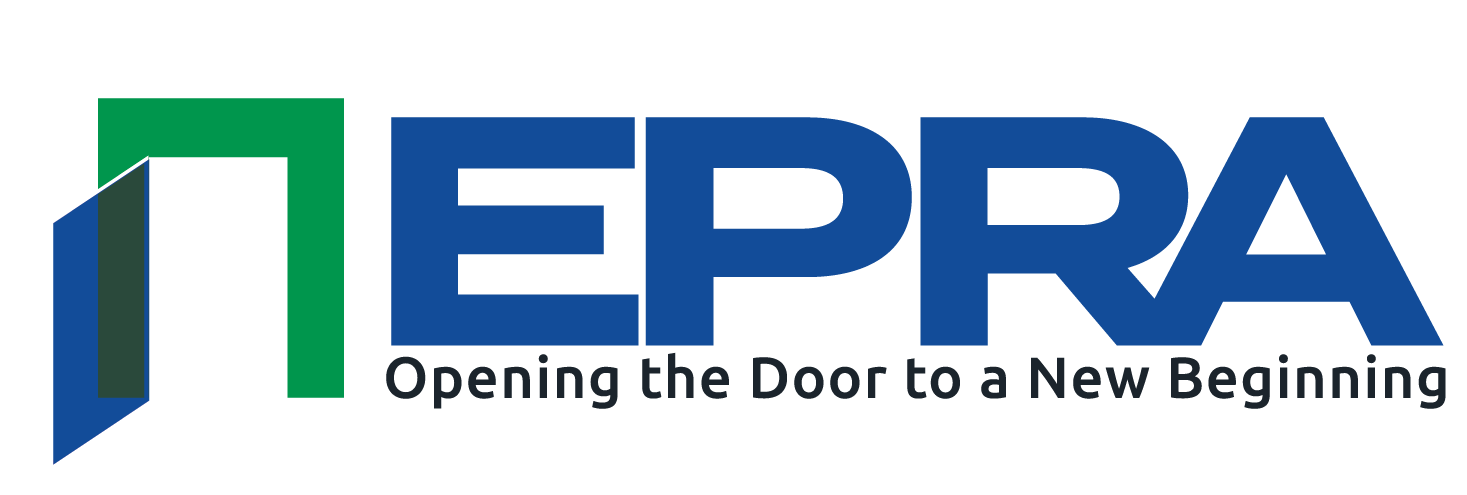Let’s Work Together.
BENEFITS OF DVE
Increased awareness of one’s vocational strengths, limitations, interests, and values
Availability of the career options, understanding of the current job market, and training/educational opportunities.
Guidance and support by the EPRA staff in developing a realistic and meaningful direction leading to employment that is compatible with individual recovery from alcoholism and substance abuse.
Ongoing coordination between EPRA staff and a ACCES-VR counselor in assessing clients current work readiness and potential to benefit from further training.
Diagnostic Vocational Evaluation (DVE)
The Diagnostic Vocational Evaluation (DVE) is a ten day program over a four-week period, offered each month and consists of group work and individual counseling sessions. Workskills-Assessments are given to determine academic and practical strengths and weaknesses.
Over the course of the DVE, clients explore vocational interests, identify transferable skills, and develop a realistic vocational plan. Psycho-educational workshops focus on enhancing communication abilities, increasing coping strategies, educating clients about vocational resources, improving self-presentation and interviewing skills, reducing vocational barriers, and maintaining rehabilitation. Each client is assigned an individual vocational counselor to assist and support them throughout the DVE. Clients will determine realistic vocational goals through classroom discussions, counselor sessions, and individual research.
At the end of the four weeks, clients have the opportunity to meet with a counselor from the New York State Office of Adult Career and Continuing Education Services-Vocational Rehabilitation (ACCES-VR, formerly known as VESID) to discuss future steps. For those who qualify, ACCES-VR provides funding for training, internship, and/or job placement services.
DVE is particularly beneficial to individuals in early recovery who lack vocational awareness and direction as well as rehabilitated people who have been unable to sustain successful employment.









